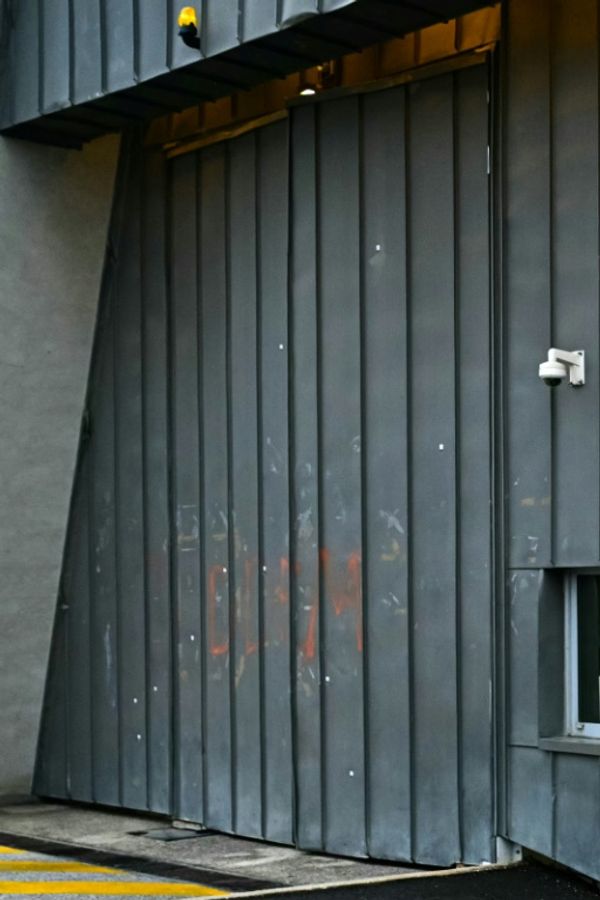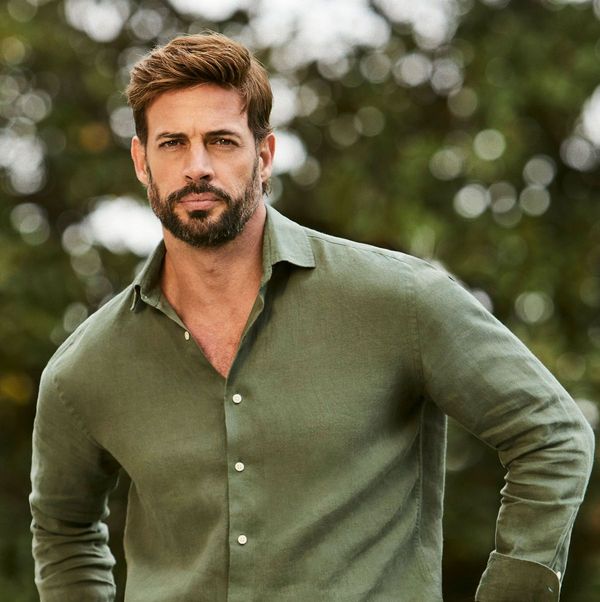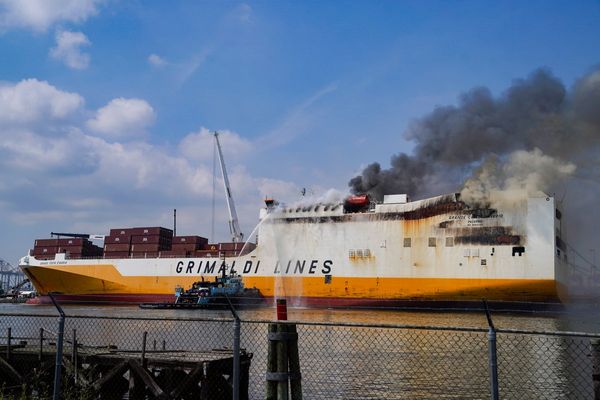
The big wheel is still turning at Marseille’s Borély beach, day and night through all four seasons, €8 a go for two loops. It is 55m high and from the top you can see into the Stade Vélodrome a few hundred metres inland, where, on Thursday afternoon, France and Ireland were busy getting ready to go-around again themselves.
It is three months and 19 days since the World Cup quarter-finals here and a lot of the old posters advertising the matches are still up around town, but it is already time for the cycle to start over and the opening match of this year’s Six Nations.
This time last year, France and Ireland were first and second in the world rankings and the match between them turned out to be the title decider. Twelve months on, they are behind South Africa in the rankings, and France, who are fourth, trail New Zealand too. Not that the standings signify much at the moment. South Africa have the Webb Ellis Cup and that is about all that matters, but that shift does reflect the hard truth that while neither of these two teams played better than they did in the years before the World Cup, they fetched up a score short when it counted in the knockout rounds.
On Friday night, then, offers a first glimpse of how they have handled that setback, the changes they have made to the way they want to play and, though neither side will admit it, the opportunity, too, to exorcise some of the lingering disappointment they must feel.
France spent eight years building towards the World Cup. “We’ll be scarred for life, and that’s part of our journey,” said their head coach Fabien Galthié, when, last November, he finally spoke out. “We’ve all been through a kind of introspection, first personally and then collectively.”
Ireland, too, have been poring over what went wrong. Their head coach, Andy Farrell, says he started thinking about it the minute after the final whistle. “We’re the last group of people who would ever shy away from addressing our performance and learning from it,’ says Peter O’Mahony.
It has come up in conversation over every cup of coffee he’s had for “the last few months”. No wonder he says he wants to put it all behind them, then. “We’re not trying to prove a point to ourselves about what happened. It’s not about putting things right, it’s about a Test match tomorrow night.”
O’Mahony is captain, one of a handful of changes to the teams. He is leading a side with a rookie fly-half, 24-year-old Jack Crowley, lock Joe McCarthy and wing, Calvin Nash, but otherwise is pretty gnarly and familiar. The most obvious difference is who they are missing. Ireland have won seven Tests out of 11 against France in the past decade and Johnny Sexton started every one of the victories. He missed two games, and Ireland lost both.
Never mind his leadership, or his goalkicking, Sexton was the cog Ireland’s attack turned around and no one can be sure if it will work quite so smoothly without him.

O’Mahony, who knows Crowley from way back, has faith in him. “I remember him playing for Con and getting reports he was the real deal, fast forward a few years and here we are,” he says.
“He’s learned a huge amount under Johnny, and the other guys, Joey Carberry and Ross Byrne. He’s an unbelievable man for watching the game, learning the game, does hours of analysis, hours of extras in the gym. He’s plenty to go but he knows that better than anyone.”
France are missing their own captain, and talisman, Antoine Dupont, who has taken the rest of the Test season off to play rugby sevens before the Olympics this summer, as well as their regular fly-half, Romain Ntamack, who is injured. But they have a pair of ready replacements in Matthieu Jalibert and Maxime Lucu, who play together for Bordeaux. Grégory Alldritt has taken over as captain. Otherwise, the only real surprise in their side is the selection of Yoram Moefana, who is more usually a centre, on the wing rather than the brilliant young Louis Bielle-Biarrey.
Bielle-Biarrey had a hard time of it handling the high ball in that match against the Springboks and the suspicion is that is why he has been left on the bench, alongside the slippery scrum-half Nolann le Garrec and the formidable lock Posolo Tuilagi, who won a late call-up as a replacement for Romain Taofifénua.
Tuilagi is Manu Tuilagi’s nephew. He came into the squad as a trainee two weeks ago after the federation received clarification over his eligibility and has shot straight into the match-day 23. He is 19, but you would not necessarily guess it given that he is 6ft 4in tall and weighs the best part of 24st.
France are, as Galthié has pointed out, a young side, and still on the upslope. They will be rejuvenated, too, by the prospect of playing in Marseille, away from the ghosts of the Stade de France, which, like Dupont, is being appropriated for the Olympic Games.
The fans in Paris can be a little fickle, but there is nothing ambivalent about the crowd down here. It will be a hot night and you can be sure it will be a hell of a game between two teams with a point to prove.







